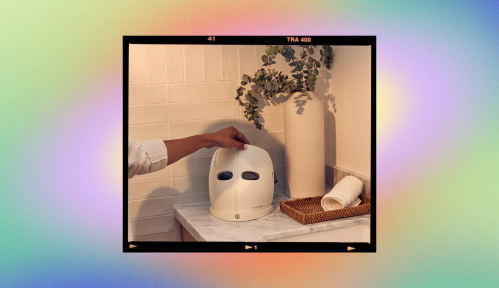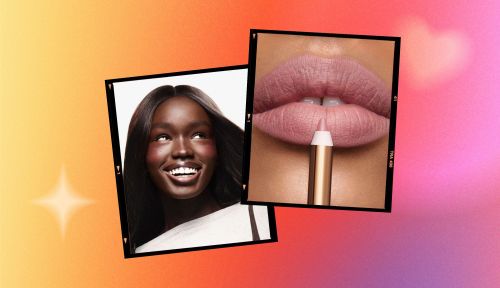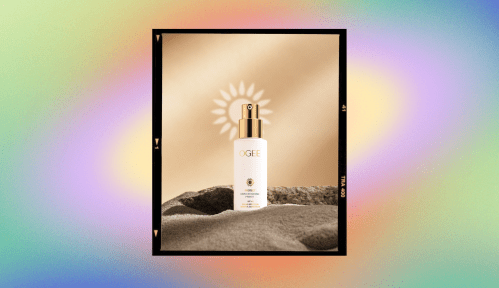Our editors independently select these products. Making a purchase through our links may earn Well+Good a commission
Derms Say Targeting the ‘Big 4’ Causes of Acne Is the Best Way To Quash Any Pimple
When figuring out how to treat acne, it's important to cover all your bases because each pimple is different.
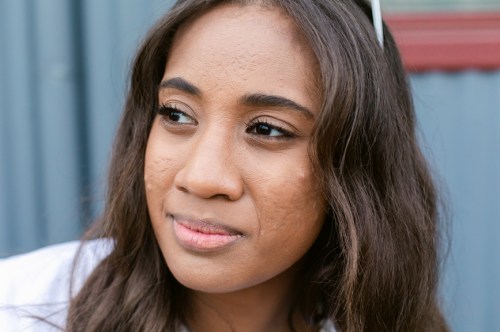
Anyone who has struggled with acne knows how difficult it can be to treat. When product after product fails, it’s easy to get discouraged. To up your chances of success, Elizabeth Kream, MD, says to make sure you’re covering all four of acne’s main causes.
Experts in This Article
board-certified dermatologist based in New York City
board-certified dermatologist and founder of Visha Skincare
“The big thing about acne that’s important to appreciate is that there’s a ton of different arms that cause it,” says Dr. Kream. “If you can come at it with the idea that there are four major causes, you can use a combination of alternative treatments and traditional treatments, as well as over-the-counter and prescription treatments to tackle it. I’m all for combining things.”
Dr. Kream explains that the four main causes of acne are abnormal keratinization, bacteria, increased inflammation, and hormones and oil (more on that below). “If you can think about it that way, and try to incorporate a few things that are going to satisfy or help all those things, you’ll have a really nice regimen,” she says. It’s important to cover all your bases because each pimple is different.
“Each follicle on our body is placed on us individually and differently,” Purvisha Patel, MD, a board-certified dermatologist and founder of Visha Skincare, previously told Well+Good. “Acne is a micro infection of the follicles or pores—so then each pimple may be different in its own way than its neighbor and on your neighbor.” Learn how to treat acne below.
Learn how to treat acne by addressing these 4 main causes
1. Abnormal keratinization
Dr. Kream says one of the main causes behind acne is abnormal keratinization, which is what happens when skin cells get sticky and hold on to an excess of dead cells, leading to clogged pores.
“As the skin cells mature, instead of just exfoliating off into the environment [the way they’re supposed to], in acne lesions they like to accumulate and clog up the pores,” says Dr. Kream. To combat this, you’ll want to kickstart your skin into a more normalized natural exfoliation cycle.
Enter: retinoids, which Dr. Kream says are the best fix for abnormal keratinization. These vitamin A derivatives work by stimulating cellular turnover, bringing fresh, healthy cells to the surface of the skin to replace the dead ones clogging your pores. “This is going to help with that normalization of the way the skin cycles,” says Dr. Kream. “The skin cells aren’t clogging up that pore. Instead, they’re cycling a little quicker, and exfoliating nicely.” You can use an over-the-counter retinoid, like retinol, or a prescription retinoid. like tretinoin. Chat with a board-certified dermatologist to get the best option for your skin (and your wallet).
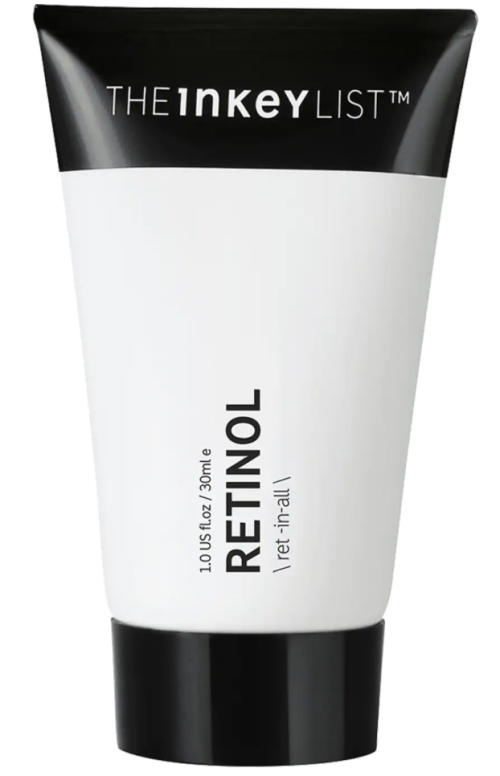
The Inkey List Retinol Anti-Aging Serum — $9.00 to $18.00
This serum from The Inkey List combines two types of retinol with squalane, a hydrating and soothing ingredient that helps combat the sometimes drying effect of retinol.
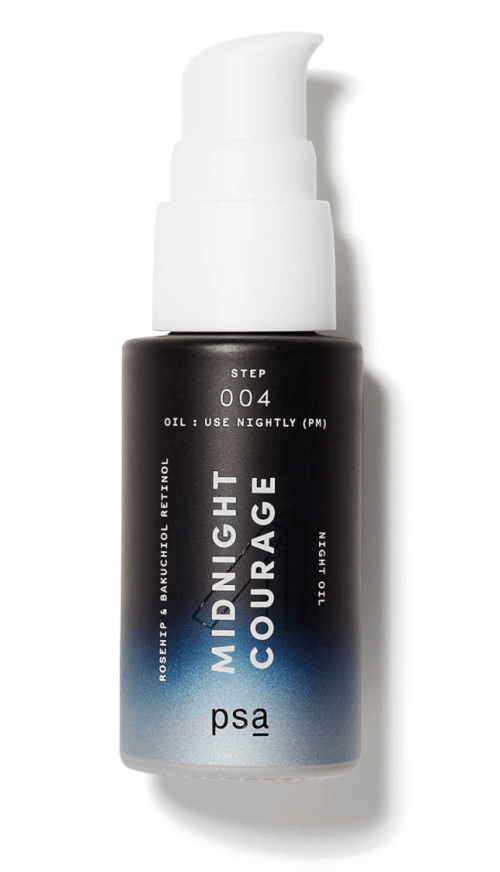
PCA Midnight Courage Rosehip & Bakuchiol Retinol Night Oil — $39.00
This retinol is paired with bakuchiol, a natural oil that stabilizes retinol to up its efficacy. Plus, bakuchiol is often billed as a natural form of retinol, given its own impressive abilities to heal inflammation and eliminate acne-causing bacteria.
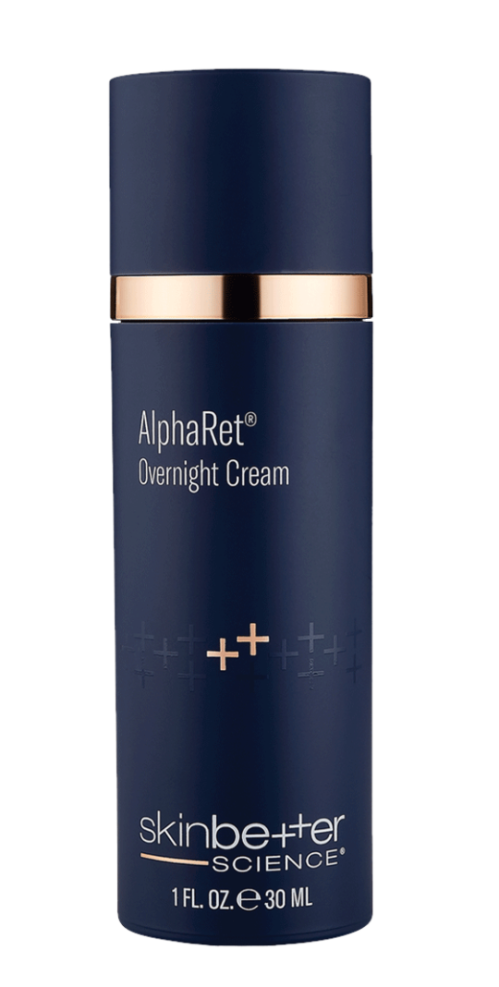
AlphaRet Overnight Cream 30 ml — $130.00
Dr. Kream uses prescription tretinoin on her own skin, but if she were to use an over-the-counter retinoid, it’d be this one from AlphaRet. It’s a cream that blends retinol with an alpha hydroxy acid (AHA) to rejuvenate the skin with minimal, if any, irritation.
2. Oil and hormones
Acne often forms when oil (otherwise known as sebum) becomes trapped under dirt, grime, or dead skin cells, which is why excess oil is so often linked to breakouts. And most of the time, says Dr. Kream, this excess oil is directly related to your hormones.
“Increased sebum production, or oil production, is usually hormonally driven,” she explains. That’s because the glands that create oil and sebum have hormonal receptors on them. “A lot of times, if someone comes to see us to treat adult female acne, we might prescribe spironolactone, which is a pill taken by mouth that has anti-genetic properties, meaning it helps reduce the bad estrogens and testosterone that causes acne.”
Supplements like DIM, or diindolylmethane, can also help if you don’t want to take hormones. DIM is derived from broccoli, kale, cauliflower and has been shown to have anti-androgenetic properties.”That anti-androgenetic property is what’s going to help decrease that hormonal component that’s driving the oil production.” Just be sure to chat with your doctor before starting any new supplements. Diet can also impact oil production. Eat those cruciferous vegetables and “avoid eating high trans-fat foods,” says Dr. Kream.
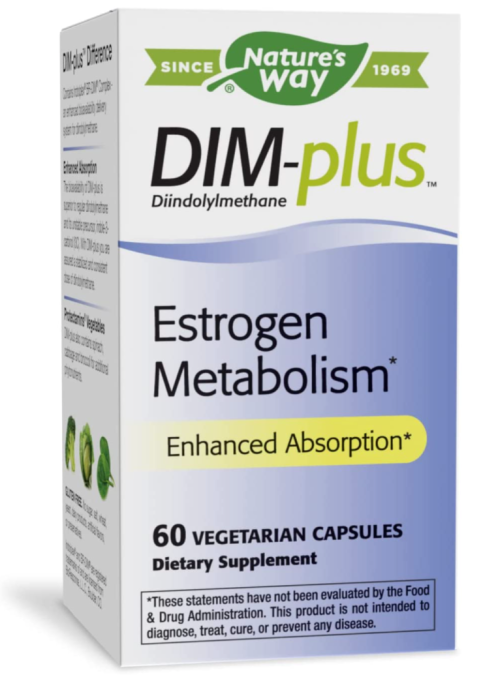
Nature's Way DIM-Plus — $15.00
This DIM supplement can help regulate the hormones that lead to acne. It can also aid in PMS regulation and other estrogen-related issues. Just take two capsules daily with food. One bottle contains a 30-day supply.
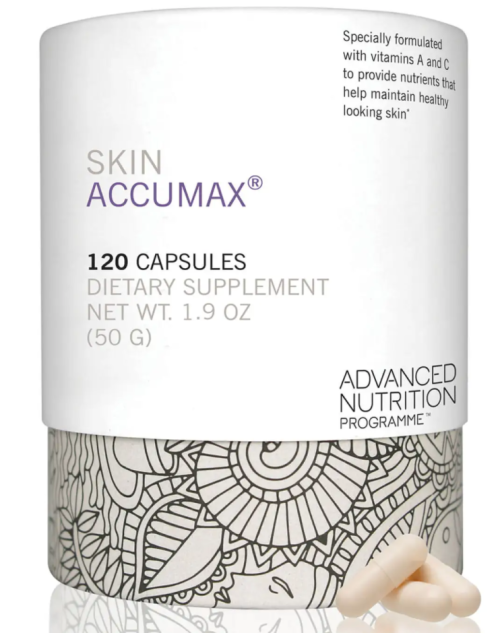
Jane Iredale Skin Accumax Double Pack — $115.00
This supplement from Jane Iredale contains DIM, vitamin A to help pores clear bacteria, vitamin C to protect against stressors and boost collagen production, and vitamin E to prevent signs of premature aging and fight free-radical damage. For best results, take four capsules a day with food for a minimum of 14 weeks. If you are happy with the results, you may reduce the dosage to two a day. One bottle contains 120 capsules.
3. Bacteria
Propionibacterium acnes, or P. Acne, is also a major cause of acne.
“P. Acne is a bacteria that lives on everybody’s skin, but it likes to grow in particular in acne lesions because it feeds on that oil,” says Dr. Kream. “There’s overgrowth and there’s a dysregulation of P. Acnes in acne lesions.”
To manage bacteria, Dr. Kream says to start with a face wash with benzoyl peroxide in it. “Benzoyl peroxide can help a lot with reducing the P. Acnes,” she says. This particular beta-hydroxy acid crystallizes down to super-small size, and is able to get way down deep into your pores to clear away gunk from the inside out. It also aids in clearing away pore-clogging dead skin cells from the surface of your skin.
Depending on your situation, Dr. Kream says some derms might also prescribe a topical antibiotic. “Also, if we want to encourage good bacteria and normalize things, some dermatologists do support the idea of taking probiotics. Taking a probiotic to help encourage the normalization of the good bacteria can help.”
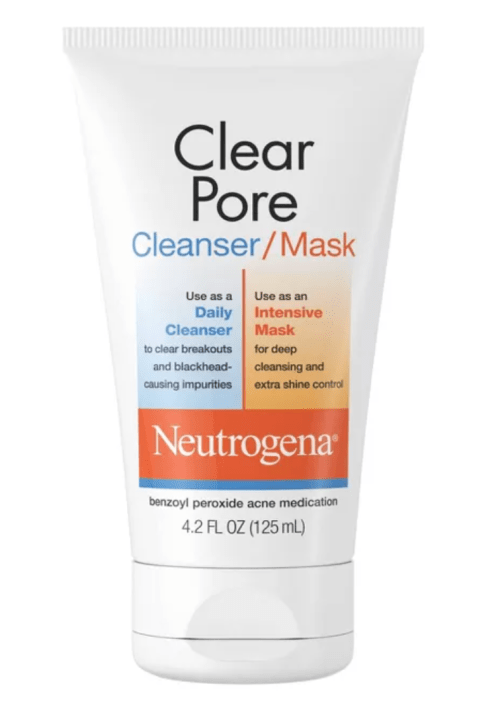
Neutrogena Clear Pore Cleanser/Mask — $12.00
This is Dr. Kream’s go-to benzoyl peroxide cleanser. Use it like you would any other face wash to keep your skin clean on a daily basis; or, use it as a deep-cleansing mask, rubbing on a thin layer and letting it sit for five minutes.
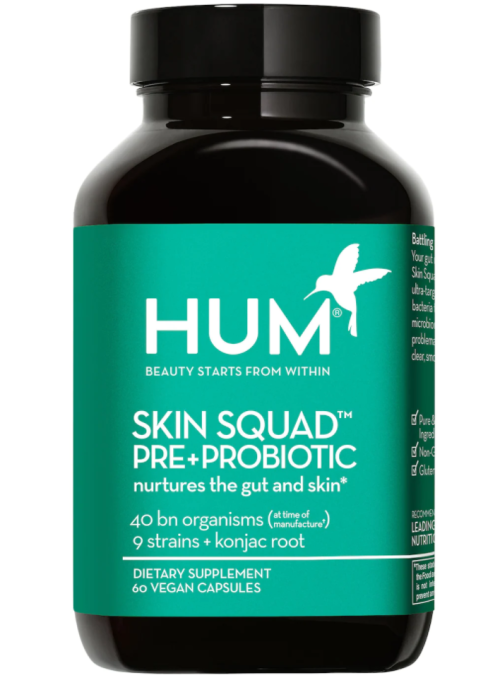
Hum Nutrition Skin Squad Pre + Probiotic Supplement for Acne-Prone Skin — $40.00
This supplement from Hum Nutrition contains a specialized blend of nine prebiotics and probiotics to balance the gut, reduce non-cystic acne, and improve dry skin. Just take two capsules a day with or without food. One bottle contains a 30-day supply.
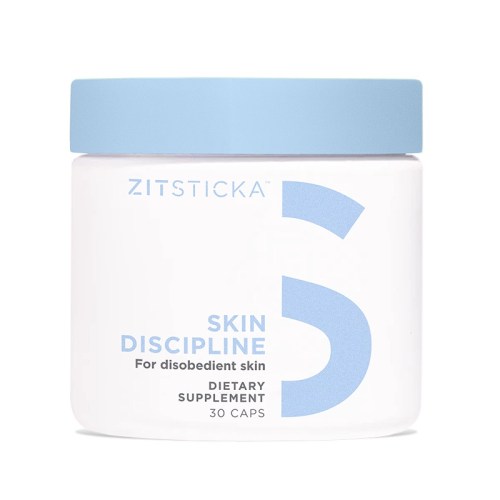
ZitSticka Skin Discipline — $44.00
This supplement from ZitSticka contains a blend of five prebiotics along with good-for-your-skin vitamins and minerals like zinc (to regulate oil production), niacin (to reduce inflammation), and pantothenic acid (to support collagen production). Take one capsule each morning, with or without food. One bottle contains a 30-day supply.
4. Increased inflammation
When your pore gets clogged with oil, bacteria, and skin debris, inflammatory cells rush over to try and help the situation—which explains why pimples tend to get angry inflamed. “Inflammatory cells are needed to do things like fight infections. However, in conditions like acne, they are overactive” says Dr. Kream. “These inflammatory cells trigger an inflammatory response which gives acne lesions their characteristic red and angry appearance.”
To address inflammation, Dr. Kream says your best topical bet is, again, a retinoid. “The retinoids don’t just help keratinization, but they also do have some anti-inflammatory effects,” she says. Aside from that, she says adopting an anti-inflammatory diet is super helpful.
“Eating a lot of highly processed foods, like white bread, and sugar can increase inflammation,” says Dr. Kream. “For anti-inflammation, you can also think about supplementing in green tea or spearmint tea. Those both have antioxidants in them, so that can be really nice to help with inflammation.”
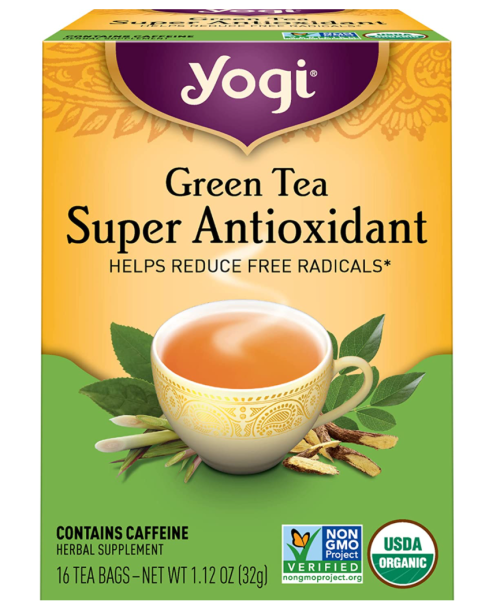
Yogi — Green Tea Super Antioxidant (4 Pack) — $17.00
This green tea from Yogi also includes licorice root, lemongrass, and jasmine to up its antioxidant levels.
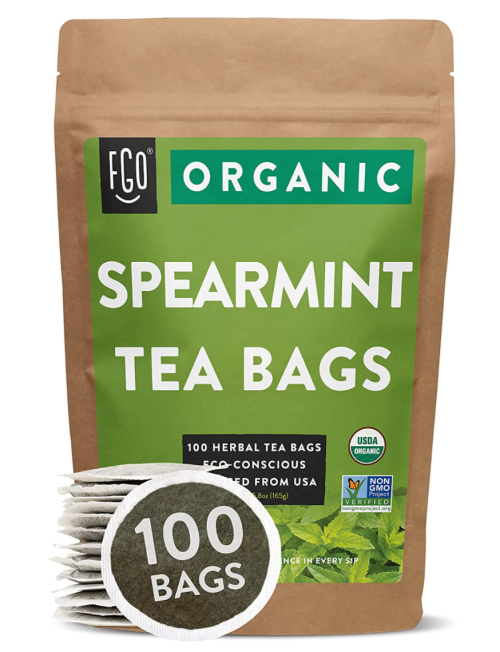
FGO Organic Spearmint Leaf Tea Bags — $20.00
This pack contains 100 bags of spearmint tea.
Learn more about adult acne:
Oh hi! You look like someone who loves free workouts, discounts for cutting-edge wellness brands, and exclusive Well+Good content. Sign up for Well+, our online community of wellness insiders, and unlock your rewards instantly.
Sign up for the Well+Good SHOP Newsletter
Get exclusive deals on wellness, beauty, fitness, and food products that have been hand-picked by our editors.
Got it, you've been added to our email list.

